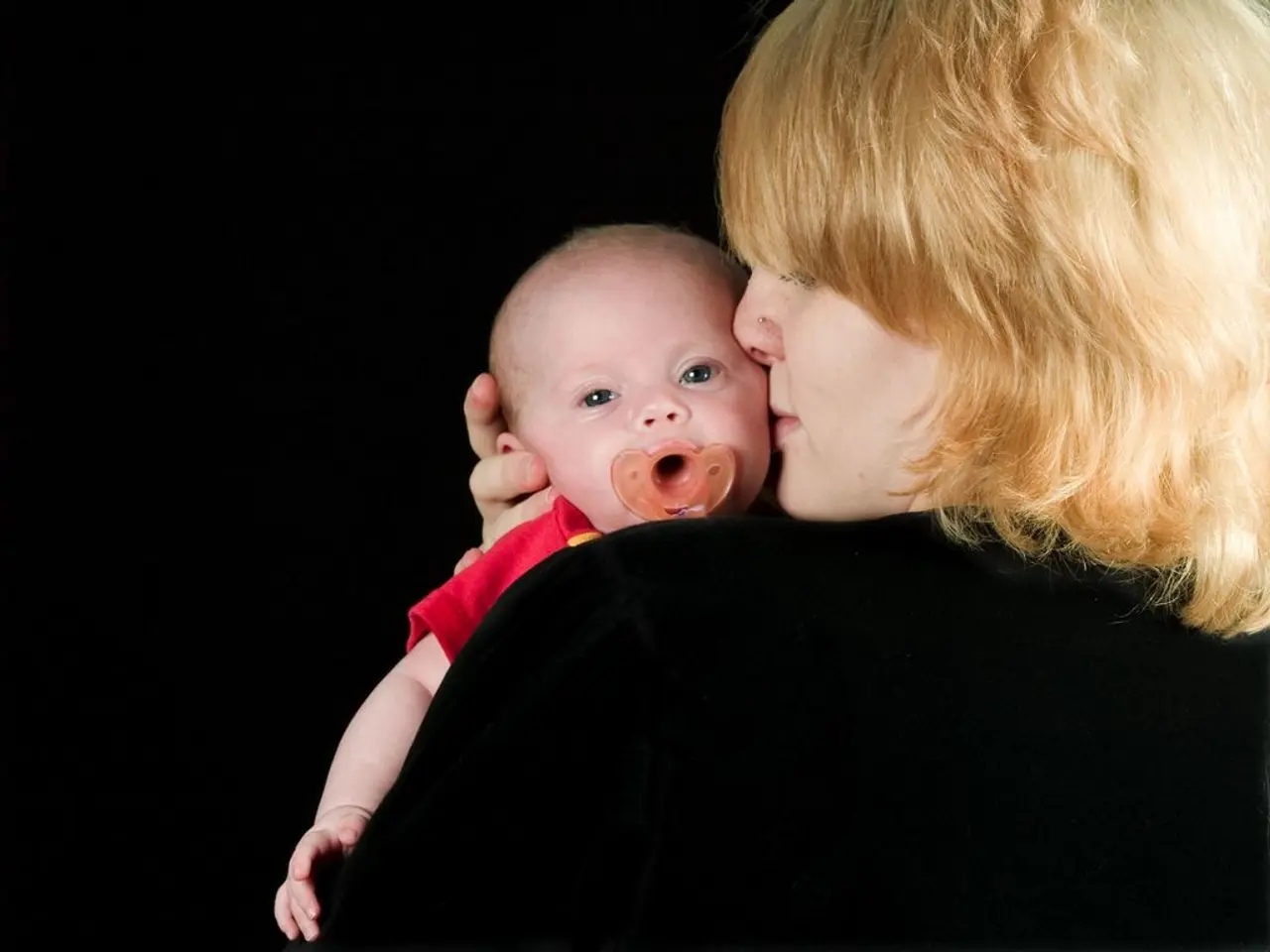Medical officer under legal scrutiny for imposing abortion restrictions
In a recent ruling, the Hamm Labour Court in North Rhine-Westphalia has upheld a ban on medically indicated abortions at the Catholic-run Klinikum Lippstadt-Christian Hospital. The ban, which was implemented following a merger with a Protestant hospital, has sparked controversy and protests, with chief physician Joachim Volz leading the opposition.
The court's decision has confirmed that hospital operators have the right to issue internal regulations, including prohibiting abortions in cases such as severe fetal malformations. This prohibition extends not only to hospital work but also affects a doctor's private practice if related to the hospital's stipulations.
Dr. Volz, who previously performed such abortions, argues that this ban limits legal healthcare options and conflicts with medical duties. He believes the Catholic sponsor's ban ignores medical judgment, the will of the patient, and the law, which permits such interventions in certain cases.
While abortion is technically illegal in Germany, it is not punishable within the first 12 weeks of pregnancy after counseling. Catholic hospitals, however, can restrict abortion services more stringently based on religious principles. This has led to a significant public debate, with Dr. Volz and his supporters arguing that this limits legal healthcare options.
The hospital's service instruction also applies to Volz's private practice in Bielefeld. Till Müller-Heidelberg, the representative of the plaintiff, argues that a clinic management can issue service instructions, but these do not include the medical area - i.e., diagnostics and therapy. These exceptions must be documented and reported to the management.
Despite the loss of his lawsuit, Dr. Volz plans to pursue the next legal instance after carefully examining the reasoning and consulting with his legal representatives. He fears that wherever Catholic providers are involved in politically driven clinic mergers, medically indicated abortions will no longer be structurally offered.
The demonstration titled "Stop the Catholic Abortion Ban" saw around 2000 people participate, with placards reading "Heaven Hell Hypocrisy! Church, let the women go free" and "Help and self-determination instead of punishment". The organizer of the demonstration, Sarah Gonschorek (Greens), feels the ban is a great injustice towards the affected women.
Politicians from the federal and state levels of NRW were present at the demonstration, including the co-faction leader of the Greens, Britta Haßelmann. Haßelmann stated that the ban is a violation of women's rights and called for a change in the law to ensure access to legal abortion services.
The legal implications for Catholic hospital sponsors in Germany regarding service instructions on medically indicated abortions are that such hospitals are authorized to impose bans on abortion procedures within their facilities, even when medically indicated, as part of their organizational regulations reflecting Catholic doctrine. This ruling sets a precedent upholding the sponsors' regulatory authority, but challenges from medical staff may continue.
- The court ruling has highlighted that hospital operators can implement internal regulations, including bans on medically indicated abortions, even in cases of severe fetal malformations.
- The ban, which extends to a doctor's private practice if related to the hospital's stipulations, has been met with opposition from doctors, who argue it limits legal healthcare options.
- In a protest titled "Stop the Catholic Abortion Ban," around 2000 people participated, demonstrating against what they perceive as a violation of women's rights and a great injustice towards affected women.
- Politicians from various levels have voiced their concerns, with Britta Haßelmann, the co-faction leader of the Greens in North Rhine-Westphalia, calling for a change in the law to ensure access to legal abortion services.
- This ruling has established a precedent upholding the authority of Catholic hospital sponsors to impose bans on abortion procedures within their facilities, based on their religious principles, but the future may see continued challenges from medical staff in the realm of mental-health, mens-health, womens-health, health-and-wellness, sexual-health, politics, general-news, and crime-and-justice.




